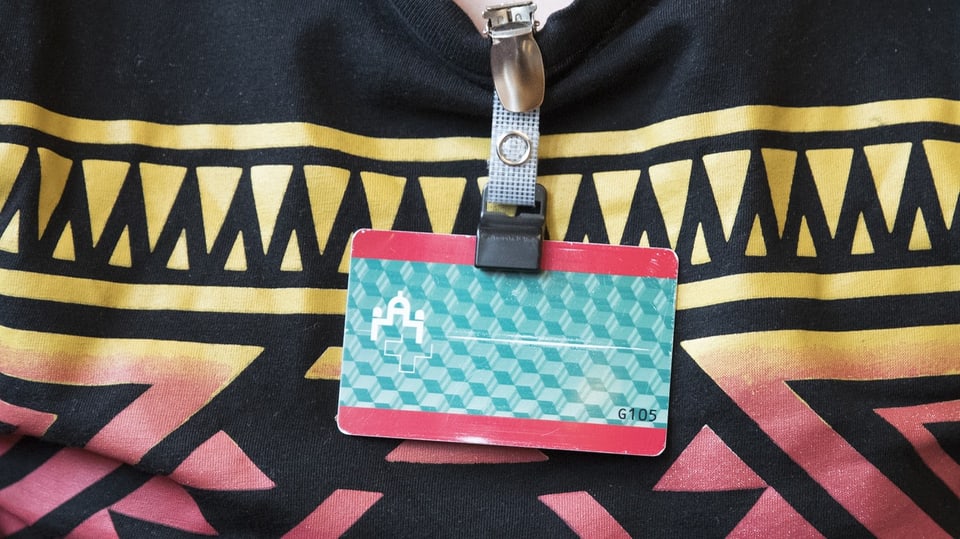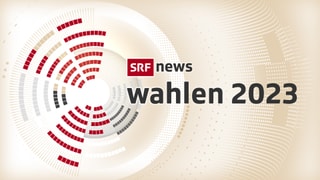Contents
Anyone who is elected to Parliament can award two badges as Gotte or Götti, which entitle them to enter the Federal Palace. The system has its weaknesses.
Free access to the political center of power in Switzerland? No problem if you have a badge. National Councilors and Councilors of States can freely assign two badges. Authorized persons are allowed into the Federal Palace, into the foyer – and are in one public register registered.
Who has a Bundeshaus badge?
A look at the list shows which people, associations and organizations politicians are particularly close to: These could be personal employees or family members.
Legend:
Have their badges awarded:
From top left to bottom right: Bastien Girod (Greens), Tamara Funiciello (SP). Jacqueline Badran (SP), Alois Gmür (Die Mitte), Walter Wobmann (SVP)
key stone
For example, the Bernese SVP National Councilor Andreas Aebi grants his wife Thea Aebi-Keller free access to the Federal Palace. But there are also numerous names of interest representatives in the register.
SP national councilor Jacqueline Badran awards her two badges to the board of the Swiss housing cooperative and to the vice-president of the Zürcher Kantonalbank. Members of Bank Julius Baer, the Association of Swiss Cantonal Banks and the Association of Swiss Private Bankers also currently have Bundeshaus badges.
Other examples: Bastien Girod from the Greens gives his badges to the waste industry and the environmental organization WWF. Central National Councilor and master brewer Alois Gmür lets in the Swiss Brewery Association and GastroSuisse. On the guest list of SVP traffic politician and motorcyclist Walter Wobmann are “Auto Switzerland” and “Road Switzerland”. In the case of feminist and SP national councilor Tamara Funiciello, it is the Swiss lesbian organization and the Migration Office of the Reformed Churches in Bern-Jura-Solothurn. Consulting firms and their employees are also frequently represented on the badge list.
A system with weaknesses
The system is established and the register has been open to the public since 2012. But it also reveals weaknesses. For example, the organization Lobbywatch has already encountered incorrect names and outdated entries. It even happened that a lobbyist received two access badges from different politicians.
All in all, the badge system leads to a fairly arbitrary representation of interests.
“All in all, the badge system leads to a fairly arbitrary representation of interests in the Bundeshaus,” says SRF Bundeshaus editor Curdin Vincenz SRF podcast “Lobbyland”. The Götti system is repeatedly criticized. “It would be much better to have an accreditation system based on objective criteria that would guarantee equal access to the Federal Palace,” says Martin Hilti, Managing Director of Transparency Switzerland.

Legend:
Criticism of the badge system
Martin Hilti from Transparency International Switzerland proposes an accreditation procedure instead of the established «Götti system».
Keystone, Peter Klaunzer
Idea: Lobby footprint
Martin Schläpfer, who lobbied for Migros in the Federal Parliament for years, is also in favor of an accreditation system that also applies to journalists. “Everyone would have to adhere to the same standards of the house,” says Schläpfer.
Martin Hilti proposes a “lobby footprint” as an alternative to the badge system: “The public would then find out who wanted to influence whom and how – at least in the case of significant influence. It would have to be documented and published.”
The German government is already planning a “lobby footprint”, but it has not yet been implemented.


